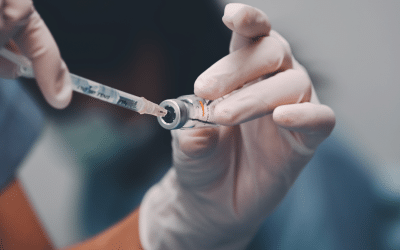The Supreme Court in India has accused Google, Yahoo and Microsoft research engines of failing to keep out ads promoting sex selection kits since such ads are forbidden in India.
The Supreme Court has requested for the Indian government and the owners of the Internet search engines to find a technical solution to prevent such ads from popping up at any moment, during routine Internet searches. Sex-determination of a child before birth is banned and punishable as a criminal offence in India since 1994. In fact, the Indian government is attempting to fight against the selective abortion of baby girls, which remains at a high rate in this country for cultural reasons. The ratio according to sex at birth reached 112 boys for 100 girls, whereas the worldwide natural sex-ratio at birth averages 105 males for 100 females born. According to the Population Research Institute (PRI), nearly 13 million sex-selective abortions were carried out in India between 2000 and 2014.
Report on female infanticide worldwide
This arraignment from the Indian Supreme Court occurs just as the Asian Centre for Human Rights has published on July 11, 2016 a report on female infanticide worldwide: 117 million girls/women are ‘demographically’ missing in Asia, due to sex selective abortions. This same phenomenon is found in countries which have passed laws similar to those of India: such as China, Nepal, Pakistan or Vietnam. The report indicates “These governmental measures fail to curb this practice due to easy access to ultra-sonography and weak law enforcement.”
In India and all of south Asia, the Dowry system, which makes daughters an economic burden, also contributes to preferring having a son over a daughter. The development of ultrasound technology for sonograms in the 80’s had dramatic affects, associated with abortion laws often widely encompassing, such as those in India. India enacted a law in 1971, amended in 2002, which allows abortion without any pre-existing conditions up to 12 weeks of pregnancy, and up to 20 weeks of pregnancy, in cases where the continuance of the pregnancy would involve a risk to the life of the pregnant woman or of grave injury to her physical or mental health, in rape cases, risks of disability or sterilization failures.
In China, the phenomenon increased substantially with the coercive “one-child” policy. With birth rates showing even more gender imbalance than in India (115 boys for 100 girls), according to the PRI estimates, more than 9 million sex selective abortions were performed between 2000 and 2014. The Chinese National Bureau of Statistics emphasizes that 33.8 million women were missing by 2013.
In addition to abortion, MAP techniques and reproductive tourism are at cause
If the Asiatic countries attempt to fight against this phenomenon, more or less effectively, the report addresses the issue of reproductive tourism as the next cause of female infanticide and going beyond Asian borders.
“In particular, the United States and Thailand have become platforms for such reproductive tourism”. In fact, the report underlines that artificial reproduction techniques and the ability to select embryos will increasingly become a cause of female infanticide. According to the Asian Law Institute, 80% of the pre-implant diagnostics are performed for sex selection in Thailand.
More than the tragedy that this phenomenon represents in terms of loss of human lives and inacceptable discrimination, these practices have particularly severe consequences on the traffic of women and using violence against them, as well as on the future of men who have difficulty finding enough women to found a family.
Among the countries in South Asia, only South Korea has progressively reversed the imbalanced sex ratio. The awareness campaign “Love your daughters” introduced in 1991 had a decisive impact, associated with economic development and appropriate measures such as providing a pension system for elderly individuals, which thus reduces the dependence of aging parents on their sons.



